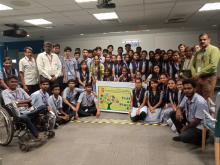The Department offers state of art facilities with excellent infrastructure which comprises of four well-equipped laboratories, Smart Class rooms, Wi-Fi facility, etc. accessible for the differently abled. The Department is strengthened by well-qualified faculty members whose main aim is to make students aware of the cutting-edge technology with competence, commitment & team-work. The teaching is reinforced through sign language/total communication and visual media presentations in the classrooms/labs. The department has recently acquired the latest computers for the computer laboratories necessary for training the students as per the revised curriculum.
- Computer Labs: Four Computer labs have been setup with one-to-one facility equipped with latest Desktop computers (Dell Systems with Core i7 8 GB RAM 1 TB HDD, preloaded Windows 10), Multimedia Projectors. All the computers are provided with Internet Facility 24/7. Surveillance cameras are installed in all the labs.
- Electronics Lab: Power supplies of different ranges, Function Generators, Pulse Generators, LCR meter, Frequency meter, IC tester, CROs etc.
- Digital Lab: IC trainer boards, Interface kits, digital multi-meters, IC testers, Digital trainer kits etc.
- PC Hardware Lab: Computers and Networking Tools (Crimping Tool, LAN Tester, Switch/Hub, Router, I/O Box, etc.)
Additional facilities for the Differently Abled:
- The department has wheelchair accessible building with corridors, supporting rails and a lift.
- The classrooms, laboratories and toilets are all wheelchair accessible.
- Sign language interpreter services are provided for guest lectures and seminars.
- The needy students are provided assistance in the laboratories to conduct experiments,
|
Technical Staff |
|||
|
Sl. No. |
Name of the Staff |
Qualification |
Designation |
|
1. |
Mr. Mahesh K S |
MCA |
System Analyst |
|
2. |
Mrs. B V Manjula |
B.E, M.Tech |
Assistant Instructor (TC) |
|
3. |
Mrs Anupama S |
Diploma in CS |
Instructor |
|
4. |
Mr. N K Veerannaradhya |
Diploma in EC |
Mechanic |
|
5. |
Mr. Anil Kumar |
JOC |
Mechanic |
|
6. |
Mr. Basavaraju S |
Diploma in CS |
Mechanic |
|
7. |
Mr. Santhosh C |
Diploma in CS |
Mechanic |
|
8. |
Mr. D Raju |
|
Helper |
|
9. |
Mr. C V T Murthy |
|
Helper |
|
10. |
Mr. A P Madappa |
|
Helper |


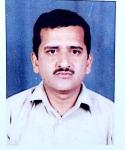
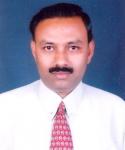
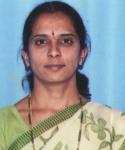
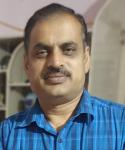
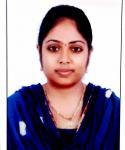
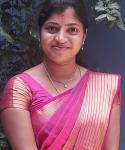
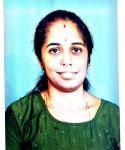
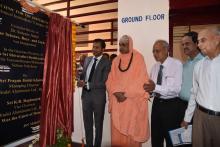 ,
, 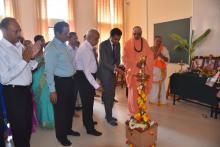 ,
, 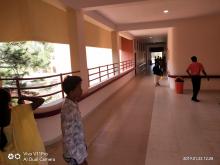 ,
, 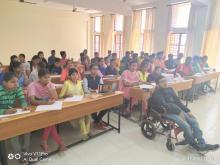 ,
, 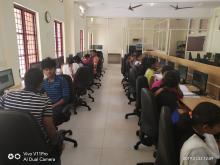 ,
, 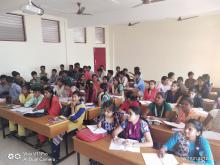 ,
,  ,
, 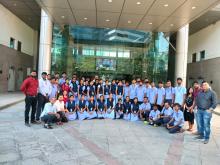 ,
, 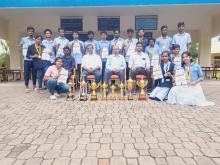 ,
, 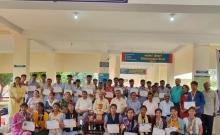 ,
, 